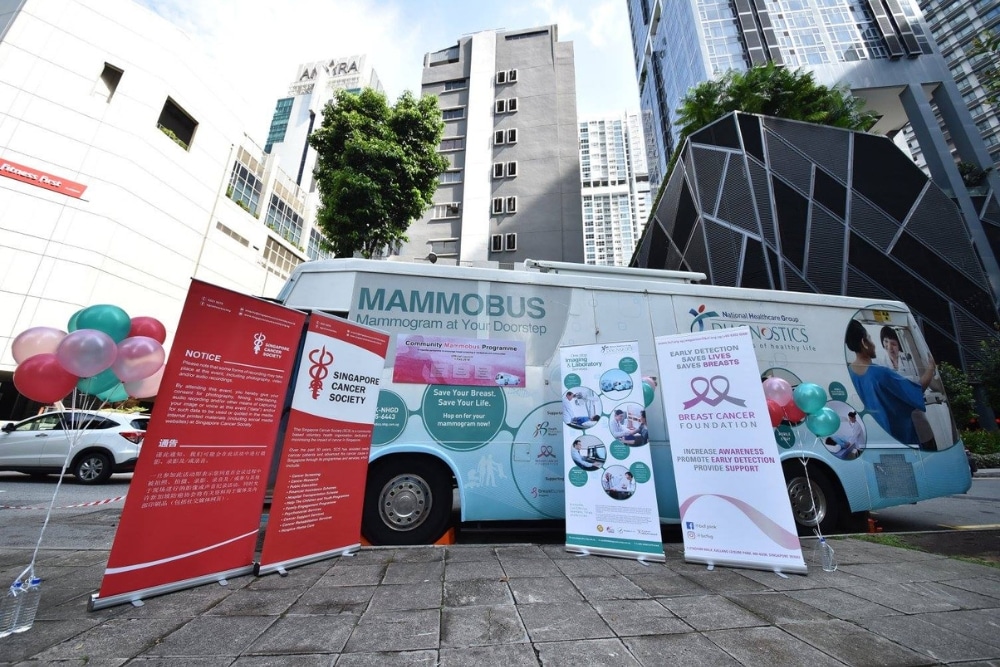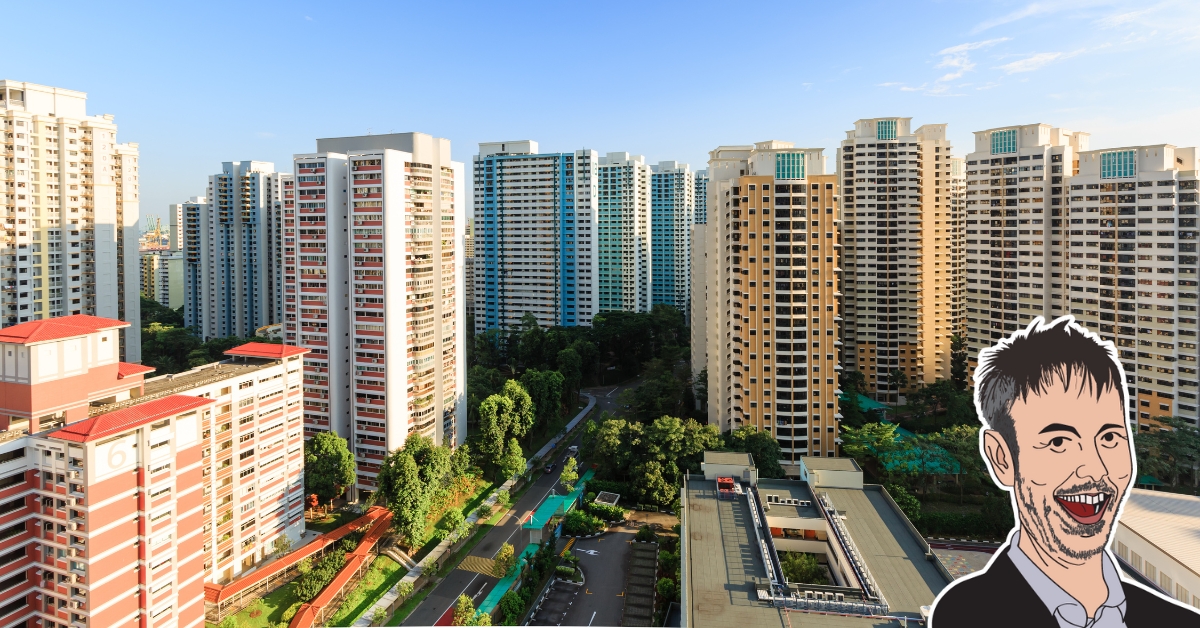When his wife wanted to get a bone density scan at SATA CommHealth upon turning 50 some years ago, Jimmy Tan, then 56, decided to provide moral support by getting scanned too.
To his shock, although his wife got an all-clear, Jimmy – who is an avid swimmer and gym-goer – was diagnosed with osteopenia in his left hip and osteoporosis in the first four vertebrae (L1, L2, L3, and L4) in the lumbar (lower back) region of his spine.
Many older adults often overlook specific health screenings for those because they assume that slowing down or feeling weaker is simply “part of ageing” rather than a health issue, says Associate Professor Reshma Merchant, Head & Senior Consultant, Division of Geriatric Medicine, Department of Medicine, National University Hospital (NUH).
Therefore, beyond annual checks on chronic diseases such as hypertension, diabetes, and heart disease, do consider the following specific health screenings as well. Remember, detecting decline early ensures we can live life fuller for longer.
As we grow older, our vision goes beyond “can’t see near or far” situations.
I actually developed cataracts in my 50s – earlier than most. Since I wear glasses, I assumed regular visits to the optician would be enough. Thankfully on one visit, my optician noticed signs of cataracts in my left eye and advised me to see an eye specialist.
That started my journey of having regular eye health checks with a private ophthalmologist. The cataracts in my left eye were surgically removed at age 53, while those in my right were removed at 59. I’ll also visit my eye doctor if I have issues like ageing-related floaters (small flying specks in vision) or severe conjunctivitis (“red eyes”).
Estimated charges*: SNEC from $25-$60 (basic consultation) for Singapore citizens; $150-$200 (private consultation). First-time consultation at public hospitals $29-$75 (subsidised) and $165-$210 (private); first-time consultation at private eye clinics $150-$250.
Retiree Chen Xiu Xiu experienced sudden hearing loss in her right ear in her 50s, even though her late mother only had hearing issues in her 80s. Her affected ear was diagnosed with 100% hearing loss by a specialist at Mount Elizabeth Hospital. Thanks to medication and regular ear cleaning, the 65-year-old has now regained 97% of her hearing, with doctors attributing the 3% loss to ageing.
The healthcare staff will check your ears for earwax blockage and, if none, provide an audiometry test. If treatment is required, you will be referred to a specialist for follow-up care.
ENT units at public and private hospitals such as Singapore General Hospital, specialised ENT clinics, and dedicated hearing clinics such as Hearing Partners and The Hearing Centre are also viable options.
Estimated charges*: Consultations for public hospital specialists are $110–$220+, while private ENT doctors are $180–$400+. Some hearing clinics offer free hearing tests.
The risk of a senior having bone mass loss is high, particularly for women after menopause and for both men and women aged 65-70.
The best way to check for bone mass loss is via a Bone Mineral Density (BMD) scan, which is a non-invasive procedure using low-dose X-rays to measure bone mineral density (a.k.a DXA scan).
Besides osteoporosis and osteopenia, a BMD/DXA scan is able to highlight other musculoskeletal disorders such as inflammatory arthritis (which causes pain, swelling, and stiffness in joints) and osteoarthritis (degenerative disease of joint cartilage and underlying bone). It also assesses an individual’s risk to develop fractures.
Due to ageing, our bladder and pelvic muscles start to weaken from age 50.
Regular check-ups with a urologist – especially if you have a family history of urological issues – help detect common ageing-related concerns such as frequent urination (especially at night), urinary incontinence, kidney disease, and prostate issues.
For men, prostate screenings are essential (recommended from age 40) as they address prevalent male health issues such as prostate enlargement (which causes frequent/difficult/night-time urination), reproductive system problems (eg. erectile dysfunction) and cancers affecting the kidney, bladder, or prostate.
For women, routine urological check-ups are recommended as hormonal changes (especially if undergoing menopause) and weakened pelvic floor muscles are often the reasons for an overactive bladder, pelvic pain, or kidney problems.
Get urological screenings done at specialists at public and private hospitals or private specialist clinics such as Raffles Medical Group.
Estimated charges*: Specialists at public hospitals start from $29 (subsidised, first visit) to $220 (private) not including test and medication; private hospitals from $150 onwards.
Before you “touch wood”, remember early detection is key. Regular cancer screenings can detect signs even before symptoms appear, improving the chances of successful treatment. This is especially important if you have a family history of cancer.
Her results revealed Stage 1 breast cancer after cancer nodes were found in her right breast. Thanks to early detection, surgery was swiftly arranged at NUH and she is now undergoing chemotherapy and radiation treatment. The timely screening helps in stopping the cancer from spreading to other areas of her body.
Colorectal cancer screening, usually done via colonoscopy, is available at public and private hospitals (with or without referrals). Eligible individuals may get subsidised screening under Healthier SG, which includes cervical cancer screening.
If you are unable to visit a healthcare facility, healthcare providers such as Minmed and Speedoc offer home-based health screening services including blood pressure, cholesterol, and tumour markers (ovarian, prostate, colon, etc). Packages range from $105 to $500++.
*Charges listed are correct/estimated at time of publishing and subject to change.










